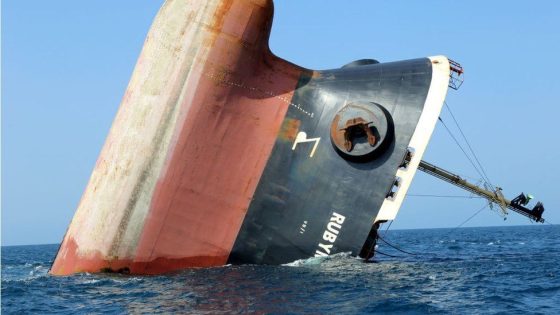French President Emmanuel Macron‘s recent statement regarding the possibility of deploying Western ground troops in Ukraine has reignited discussions about NATO’s readiness to confront Russia in the event of escalated conflict. Macron’s stance, while reflective of growing concerns over Russia’s aggressive actions in Ukraine, raises significant questions about the alliance’s military capabilities, strategic planning, and diplomatic cohesion in the face of potential hostilities with Moscow.
Macron’s willingness to consider the deployment of Western ground troops in Ukraine marks a notable shift in France’s position and underscores the severity of the crisis unfolding in the region. By leaving the option open, Macron acknowledges the escalating threat posed by Russia’s military intervention in Ukraine and signals a willingness to explore all possible avenues to deter further aggression.
While Macron’s statement reflects a sense of urgency and determination to address the situation in Ukraine, it also underscores broader questions about NATO’s preparedness for a confrontation with Russia. The alliance, comprising 30 member states, faces complex challenges in coordinating military responses, navigating diplomatic channels, and maintaining unity among diverse member nations with varying strategic priorities and threat perceptions.
One of the central concerns surrounding NATO‘s readiness for conflict with Russia revolves around the alliance’s military capabilities and logistical preparedness. While NATO boasts significant military strength, including advanced weaponry and robust defense systems, questions linger about the adequacy of its forces to effectively deter and respond to potential Russian aggression in Ukraine or elsewhere.
Effective strategic planning is paramount for NATO in navigating the complexities of a potential conflict with Russia. Macron’s statement underscores the need for comprehensive contingency planning, scenario analysis, and coordination among member states to anticipate and mitigate potential risks and challenges arising from a confrontation with Moscow.
Maintaining diplomatic cohesion within NATO is crucial for presenting a unified front in the face of Russian aggression. Macron’s remarks highlight the importance of consensus-building, dialogue, and diplomatic engagement among member states to craft a cohesive strategy for addressing the crisis in Ukraine and deterring further Russian encroachment in the region.
Macron‘s statement regarding the potential deployment of Western ground troops in Ukraine serves as a sobering reminder of the escalating tensions between NATO and Russia and underscores the imperative for the alliance to reassess its military capabilities, strategic planning, and diplomatic cohesion in the face of evolving security threats.
As NATO grapples with the prospect of conflict with Russia, concerted efforts to bolster readiness, enhance coordination, and foster unity among member states will be essential for safeguarding regional stability and upholding collective security in Europe and beyond.

















